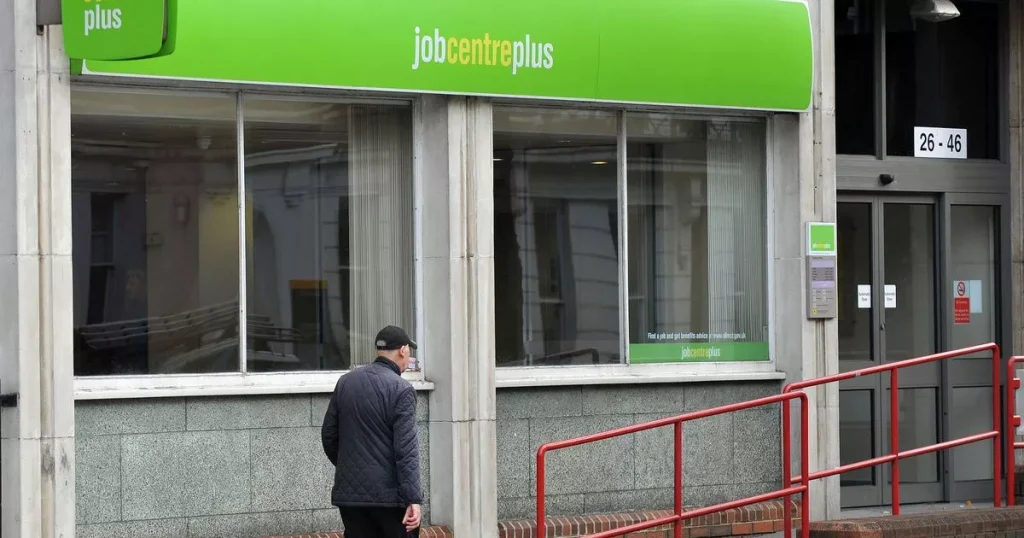Previously paid benefits may not have been received as expected due to the recent bank holiday, and recipients should check their bank accounts to see if payments were made on the preceding working day. While being paid earlier might seem advantageous, it implies a longer wait until the next payment, forcing individuals to budget more diligently. With another bank holiday approaching in May, benefit payments scheduled on that day will likely be made on the preceding Friday, creating a similar payment structure. The regularity of benefit payments varies depending on the type of benefit being received, with Universal Credit, Tax Credits, and many others being received at different intervals.
Payment frequencies vary depending on the benefit type (Image: PA Archive/PA Images)
Certain benefits like Universal Credit are typically received monthly, while others like Tax Credits can be paid weekly or every four weeks. Child Benefit is usually paid every four weeks on specific weekdays, ensuring that only one bank holiday impacts the regular payment schedule. If a payment is not received as anticipated, recipients should first verify the date on their award notice and bank account before contacting the relevant helpline if necessary. As most helplines are likely not operational on bank holidays, recipients should plan accordingly. Helplines for specific benefits like Universal Credit, Child Benefit, Tax Credits, and others can provide further assistance in the event of missed payments.
To ensure timely support, recipients should consult relevant helplines (Image: PA Archive/PA Images)
With several payment frequencies and potential delays during bank holidays, staying informed about specific benefit schedules is crucial for recipients to manage their finances effectively. By understanding when benefits are usually paid, recipients can plan their spending and budgeting accordingly to account for unexpected delays on bank holidays. Staying up to date with benefit payment schedules can help individuals anticipate when to expect payments and make necessary arrangements for any unusual circumstances that may arise. Recipients should keep track of their award notices, payment dates, and bank account transactions to ensure accurate and timely benefit payments.
Recipients are encouraged to stay informed about benefit payment schedules (Image: PA Archive/PA Images)
In summary, recipients of DWP benefits should be aware of potential payment delays during bank holidays and check their bank accounts to confirm timely receipt. Understanding the usual payment schedules for specific benefits can help individuals budget and plan their finances effectively. By staying informed about benefit payment frequencies and remaining vigilant about expected payment dates, recipients can mitigate the impact of any unexpected delays or missed payments. Utilizing available helpline services for guidance on benefit payments can provide recipients with additional support and ensure they receive the assistance they require. Balancing budgeting and financial planning with benefit payment schedules is crucial for recipients to manage their finances responsibly and effectively.


